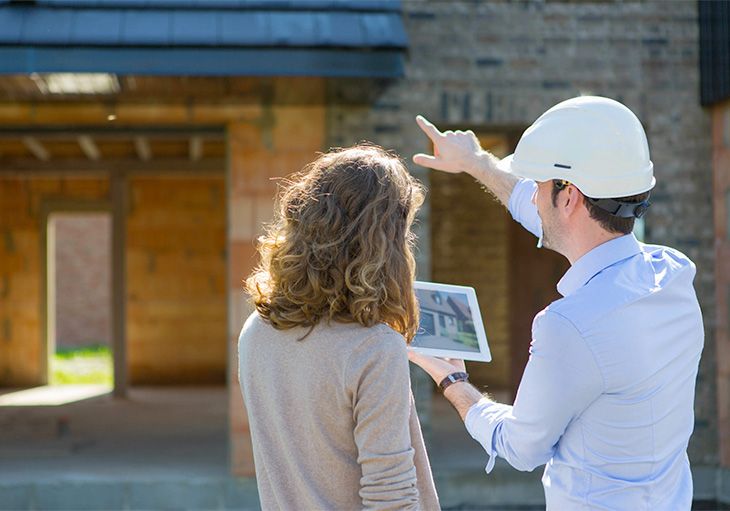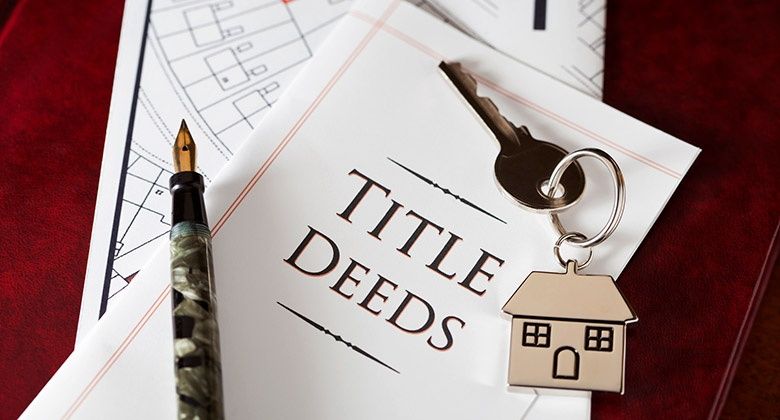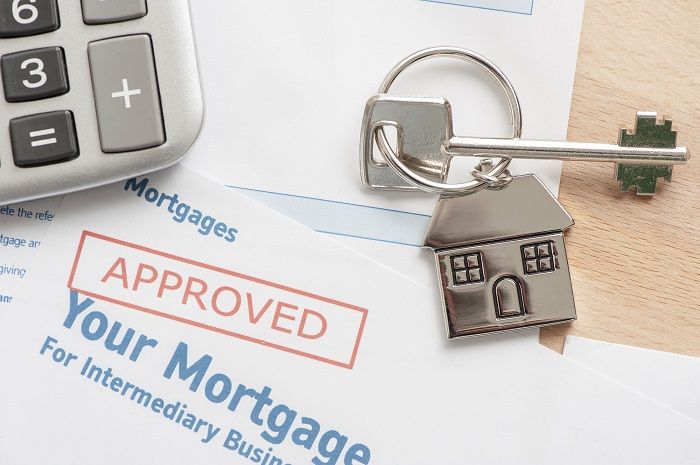Closing On A Home In NYC? Here Are 10 Steps To Follow

When you're buying a home, you'll naturally be excited when you and the seller come to an agreement on the price. You may feel as though the transaction is almost complete - but you'll still have to take several steps before you go through the closing process and the property is yours.
The following are the 10 steps you'll need to complete as part of the process of closing on a home:
.png?w=1140)
AsIn New York City, the escrow account it typically managed by the seller's attorney. Money is held as a good faith deposit in the escrow account to show that the purchaser is serious about the property until closing. This is because New York is considered an "attorney" state vs. a "title" state. This means that in New York it's the attorneys job to facilitate the closing of the property vs. in other non-attorney states title companies or other 3rd party companies are in charge setting up the escrow account with a neutral third party - such as a title company or bank - to hold this money, as well as any documents or written instructions related to the sale.

.png?w=1140)
Hire an inspector to thoroughly examine the home as part of the closing process. This includes an inspection of important systems such as the plumbing, roofing, heating, and air as well as other elements of the home to make sure they don't have any issues. If problems are found, you can ask the seller to fix them or lower the selling price.

.png?w=1140)
You'll need to obtain homeowners insurance before your mortgage loan is approved. Lenders require that this be taken care of.

.png?w=1140)
A title insurance company will need to run a title check on the property to make sure there aren't any liens on it or any questions of ownership. Title insurance must also be purchased for the lender, as well as an optional policy for you as the buyer. This one-time payment protects you in case an undiscovered issue causes an ownership question years after the closing process is complete.

.png?w=1140)
The lender will require a home and property appraisal before approving the mortgage loan on the home. Its value will be compared to comparable properties to ensure that it supports the price that the buyer and seller have agreed on.

.png?w=1140)
Submit any documentation, including income statements and tax returns, to formally be approved for a mortgage loan. The lender will provide information about the loan terms, estimated payments, and estimated closing costs and dates.

.png?w=1140)
A closing attorney who specializes in real estate needs to be hired to prepare for and conduct the closing. He or she will prepare the paperwork and handle other details of the transaction.

.png?w=1140)
You may choose to conduct a final walkthrough of your new home within 24 hours of the scheduled closing time. This gives you a chance to check to make sure that any scheduled repairs have been made and that anything that was agreed to be left in the home - such as appliances - haven't been removed.

.png?w=1140)
Prepare to spend an hour or two at the closing appointment, signing paperwork related to the title and loan. The seller may also attend the appointment or may have already signed them in advance. Although the closing process involves many steps, you'll have some help along the way. Your real estate agent, attorney, inspector, and other professionals have gone through the process before and can help make it easier. Don't hesitate to ask any questions you may have so you thoroughly understand the closing process and each part of the home sale.

.png)

.png)

